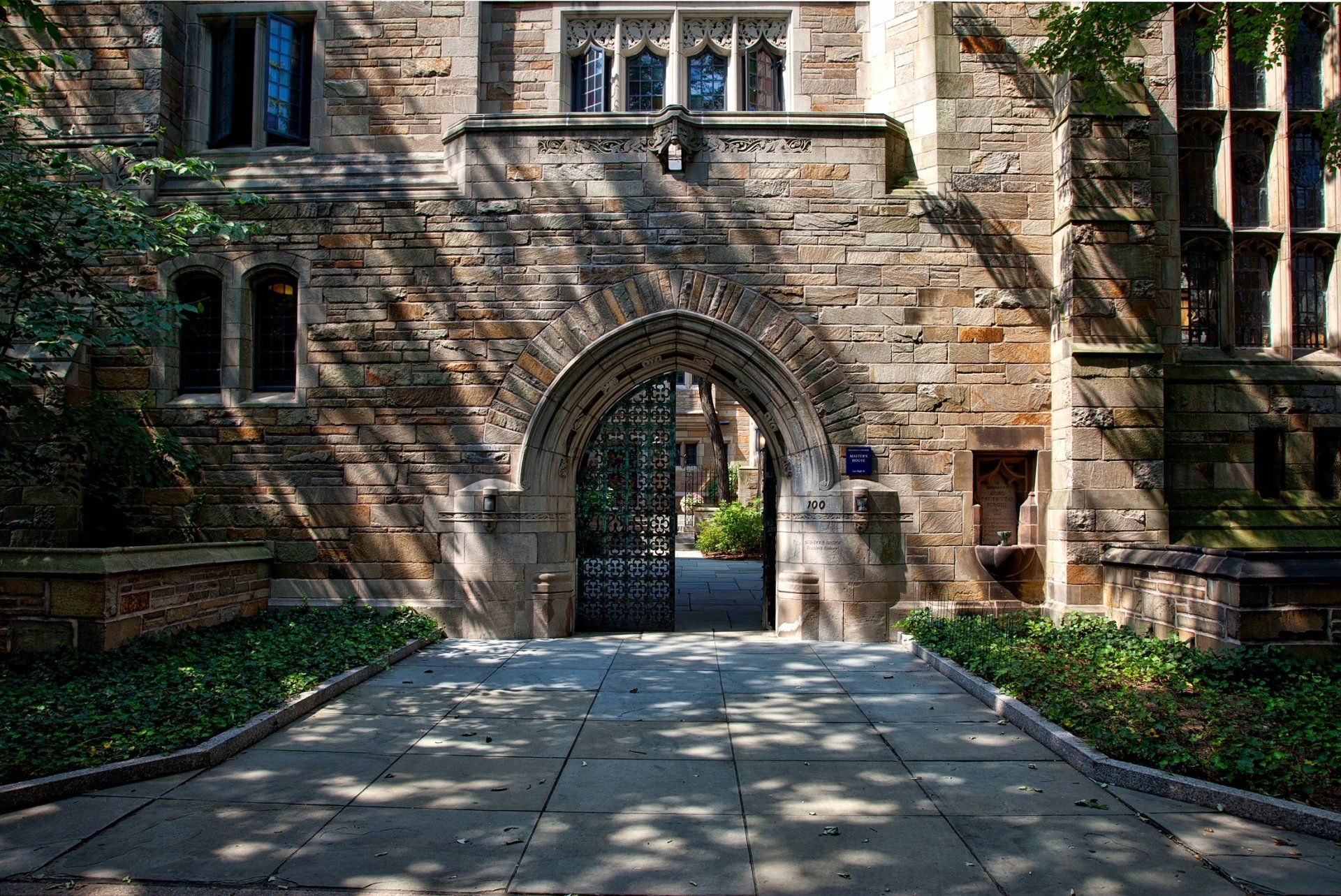【Case study】What kind of student got into Princeton?
Since BosonEd was founded, we have received all Ivy League schools’ admissions except for Harvard (we can try this year; wish us luck!) and Oxford and Cambridge in the UK. First of all, BosonEd will continue to work hard to guide more students to enter top schools in the US and UK. Applying to prestigious schools is not an easy road. There is no standardized formula that can be applied to all students. I think every student is different. The application plan we made for student A may not be applicable to student B. However, applications to elite schools can be analyzed. Why are these students able to win the favor of Ivy League schools? How good do you have to be to get admitted to a prestigious school? So, it can be summarized a little bit.
We can divide American undergraduate admissions materials into two categories: quantitative and qualitative. Quantitative materials are numbers: high school transcripts, grades in advanced courses (AP/IB/A-level), SAT/ACT, TOEFL scores. Qualitative materials are essays, resumes, letters of recommendation, interviews, and portfolios (if required by the school).
Scores are the basis. Your score can't be too unrealistic. For example, a 1430 SAT for applying to Princeton. However, the score does not determine your admission, nor is the higher the more guaranteed. Some of our students who were admitted to the Ivy League schools did not have super high scores, and some didn’t even hand in the SAT/ACT. Among the students who scored much higher than them, there were many who were rejected. Among these scores, high school grades are more important than standardized exams. Even if your SAT score is not particularly high, you must have a very good high school GPA.
With regard to qualitative factors, one concept that I particularly want to emphasize is the theme of the application. This is not the theme of an essay, but the theme of your entire application. To put it bluntly, what kind of person do you want the admissions officer to see you as? All students admitted to prestigious schools have themes. Either you are outstanding in art, or sports, or have won awards in competitions, or you have had a unique life experience, or your character and way of thinking make you unique. In short, you need to have something that makes admissions officers want to know more about who you are.
But in the process of advising students, I found that the difficulty for students and parents was not not knowing these things, but how to determine the application theme. To put it bluntly, for those who have won gold medals in the Mathematics Olympiad and have musical talents, everyone knows where their "selling points" are. And it's easy for them to get into top schools. Whereas most students are good in all aspects, but there is no particular part that stands out. What should these students do?
Every year, when I go to the NACAC conference, I will chat with the admissions officers of these prestigious schools. I find that the students most favored by these schools have two characteristics. The first one is called "genuinely interesting people generated genuinely interesting achievements." When the admissions officers read their essays, they can feel their sincerity, they really like what they do and enjoy the whole process. It seems easy to say this, but in practice, students applying to Ivy League schools tend to be more or less arrogant when writing essays.
The second characteristics is intellectual curiosity. Ivy League schools like students who are curious about everything, not just their majors. Those who study computers are also interested in philosophy, those who study economics are interested in art, and those who study mathematics are also concerned about social justice issues. But I added the word "intellectual,", which is very important. What you are interested in has to be intellectually challenging.
Knowing what kind of students the prestigious schools like, you would know what to do when determining your theme. Then it would be more straightforward for you to come up with materials such as essays, and interviews. In fact, the most critical is the implementation process. The story is important, but the ability to tell a good story is actually more important. We will talk about it in our next article.
















